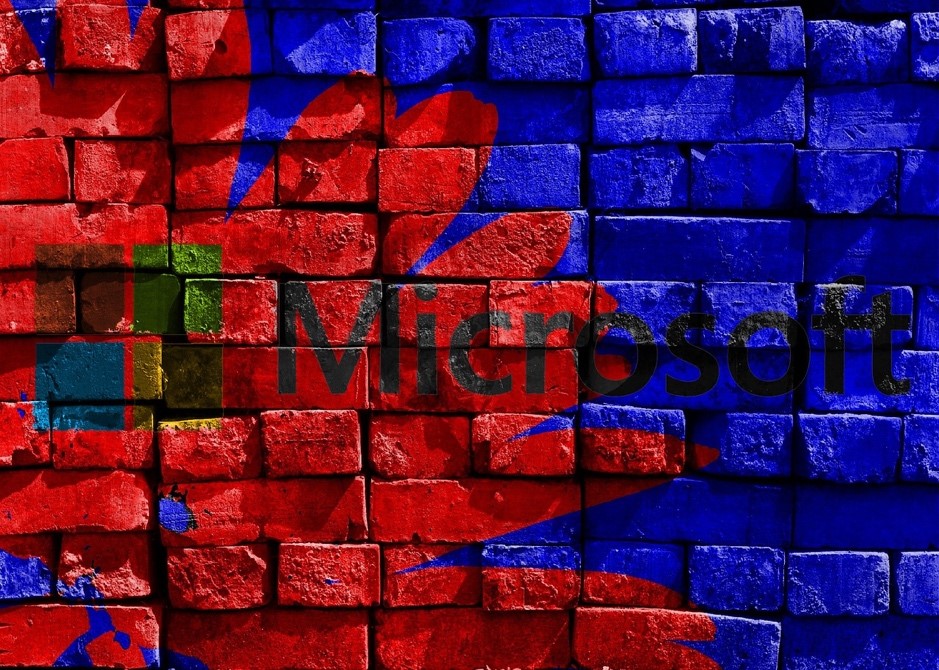Microsoft SWOT Analysis: Leveraging Strengths for a Digital Future
Strengths: Microsoft boasts a multitude of strengths that have propelled it to the forefront of the technology industry. Firstly, its diverse portfolio of products and services, spanning operating systems, productivity software, cloud computing, gaming consoles, and more, has allowed the company to tap into multiple revenue streams and cater to various customer needs.
Secondly, its brand recognition and reputation for reliability are unparalleled. The Windows operating system, Microsoft Office suite, and Azure cloud services are ubiquitous in homes and businesses worldwide, engendering trust and loyalty among users.
Furthermore, Microsoft's commitment to innovation has enabled it to stay ahead of the curve. The company invests heavily in research and development, resulting in breakthrough technologies such as artificial intelligence, mixed reality, and quantum computing. This innovation prowess not only attracts customers but also fosters a culture of continuous improvement within the organization.
Weaknesses: Despite its considerable strengths, Microsoft is not immune to weaknesses. One of its challenges lies in the perception that it is too entrenched in legacy technologies, potentially hindering its agility in rapidly changing markets. Additionally, the company's size and complex structure could lead to issues in decision-making and swift adaptation to market shifts.
Another area of concern is the intense competition it faces in various sectors. Rivals such as Apple, Google, and Amazon are formidable opponents, often encroaching on Microsoft's territory. These competitions necessitate constant vigilance and strategic responses to maintain a competitive edge.
Opportunities: Microsoft's numerous opportunities align with the ever-evolving technological landscape. The shift towards cloud computing presents a substantial growth avenue. Microsoft's Azure platform has gained significant traction, positioning the company as a leader in the cloud services market. This trend is likely to continue as more businesses embrace digital transformation and migrate their operations to the cloud.
Moreover, the proliferation of artificial intelligence (AI) and machine learning (ML) offers an opportunity for Microsoft to enhance its existing products and develop new ones. AI-powered features in Office applications and intelligent personal assistants like Cortana showcase the company's prowess in this domain.
The gaming industry is yet another arena brimming with potential. Microsoft's Xbox platform, coupled with its Game Pass subscription service, is well-poised to capitalize on the growing gaming market, especially with the integration of cloud gaming technology.
Threats: In the tech sector, threats are as constant as innovation itself. Cybersecurity concerns loom large for Microsoft, given its widespread software adoption. The company must continuously fortify its products against cyberattacks and data breaches, as these incidents can severely damage its reputation and erode customer trust.
Furthermore, the rapidly changing regulatory environment poses a challenge. Government regulations around data privacy, antitrust issues, and intellectual property rights could impact Microsoft's operations and business models.
Intense competition is an ongoing threat. Companies like Apple, Google, and Amazon have substantial resources and are constantly striving to outdo Microsoft in various domains. The emergence of new, agile startups with disruptive technologies also poses a threat to the company's market share.
For More Info:-



Comments
Post a Comment